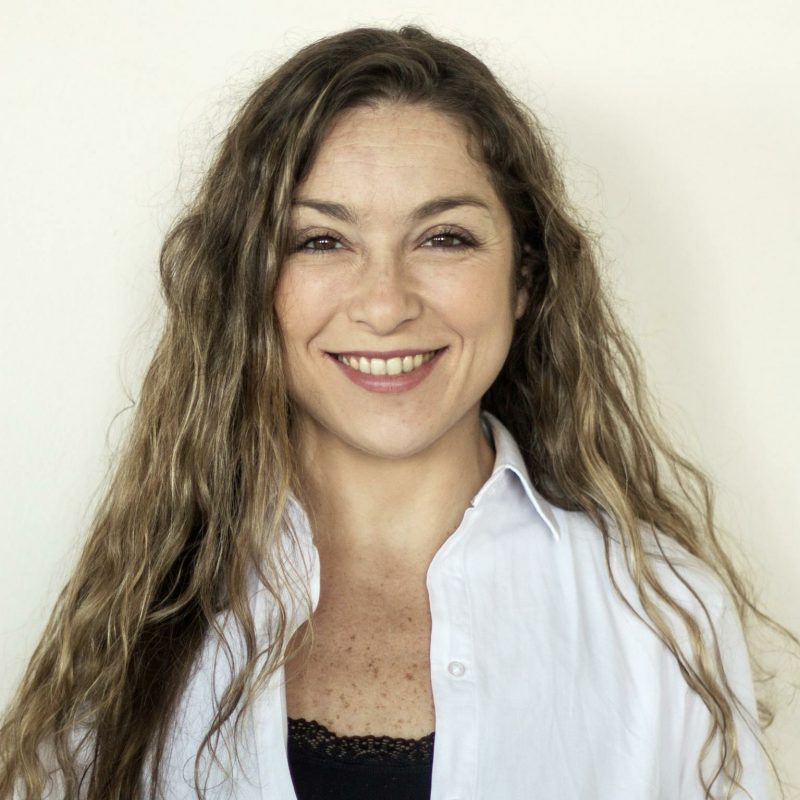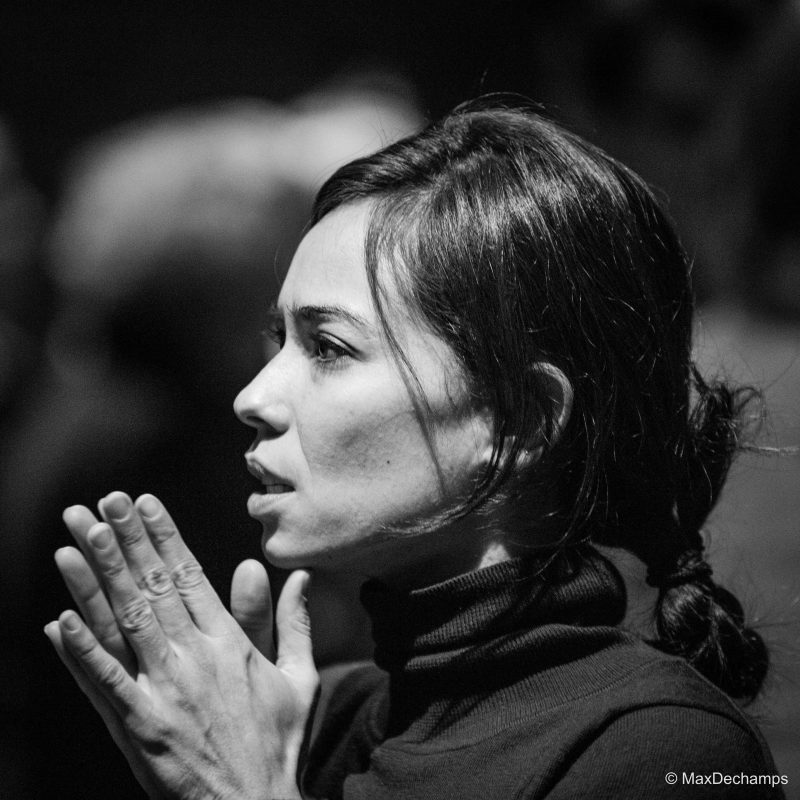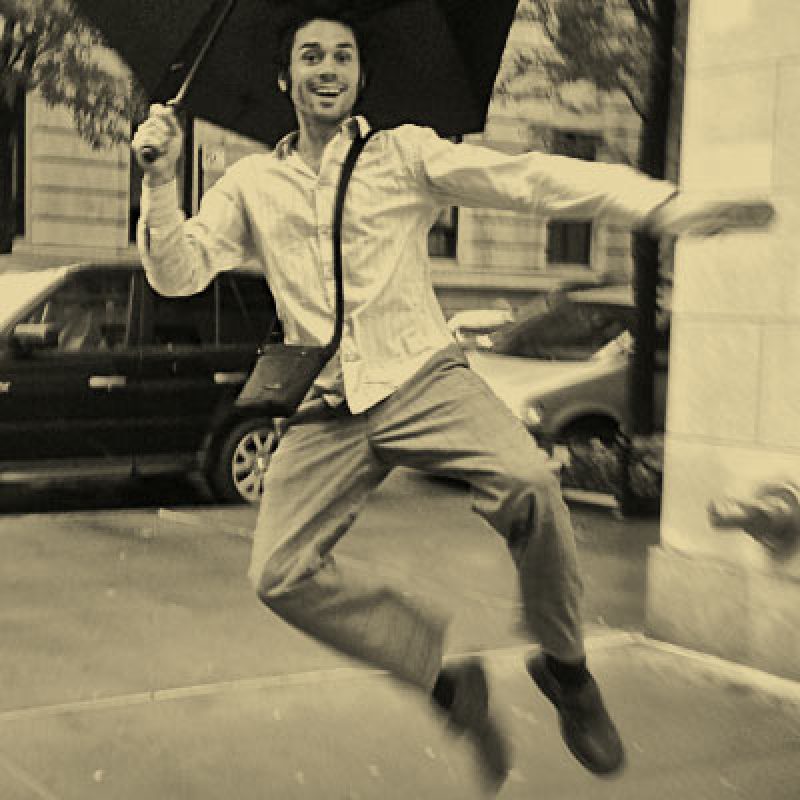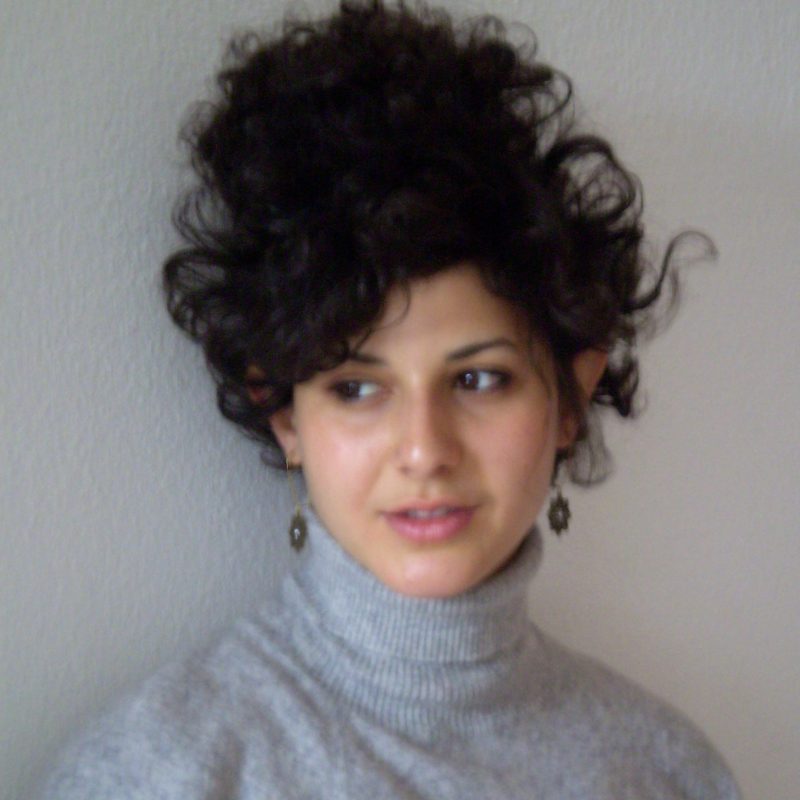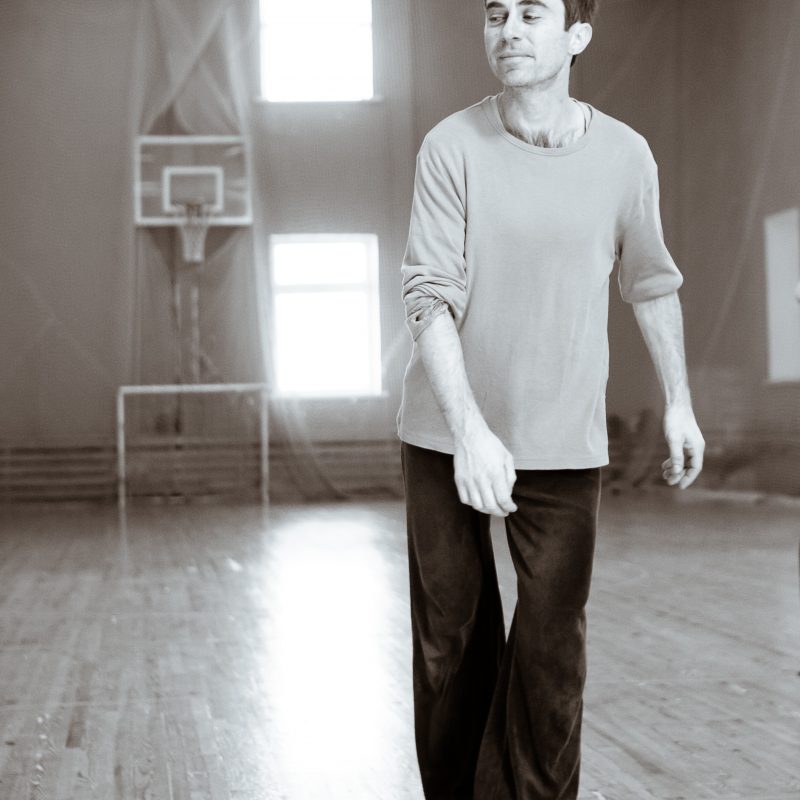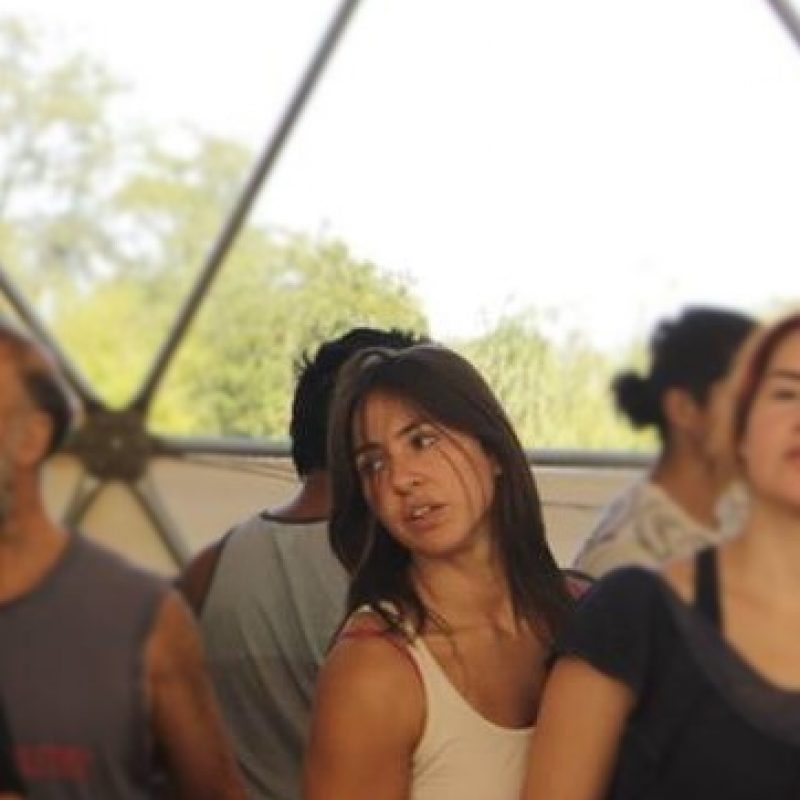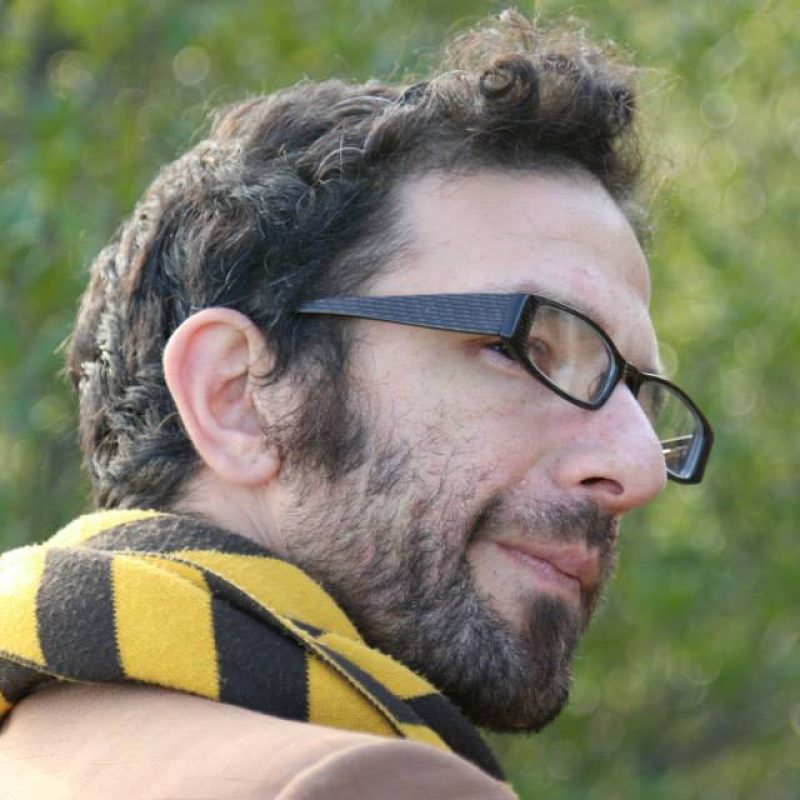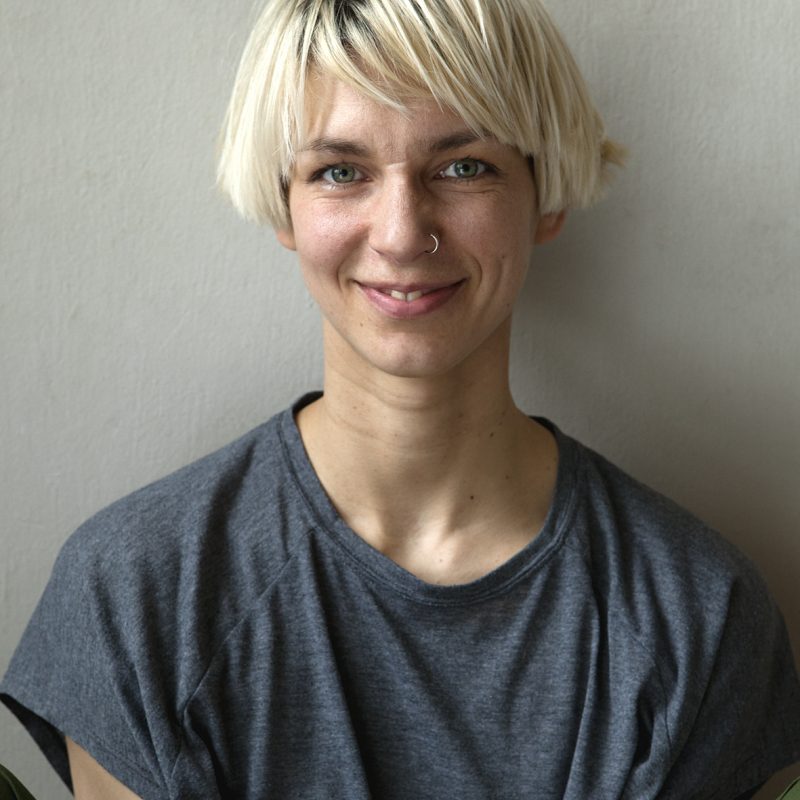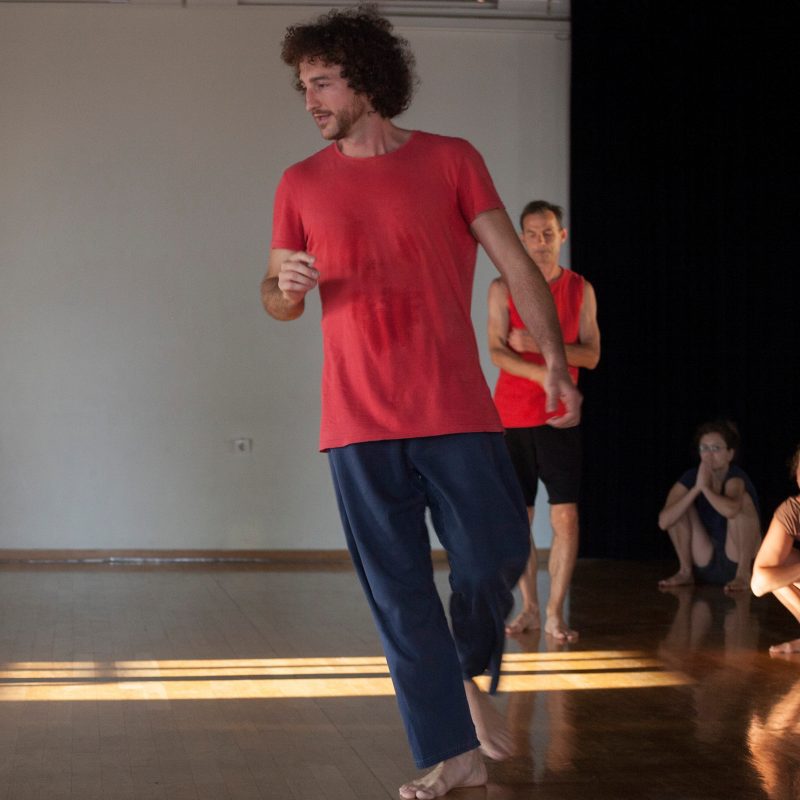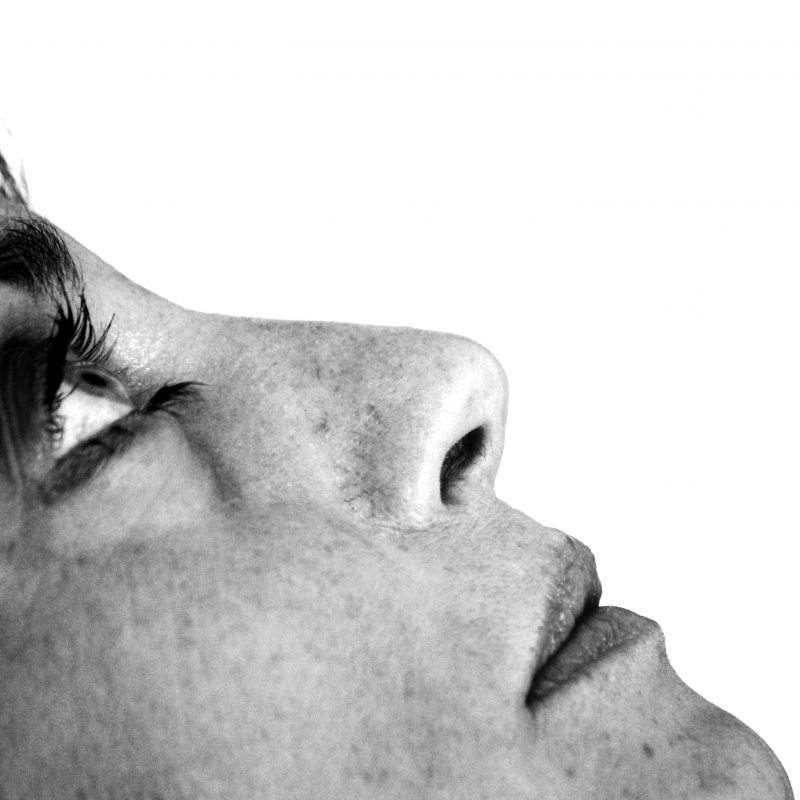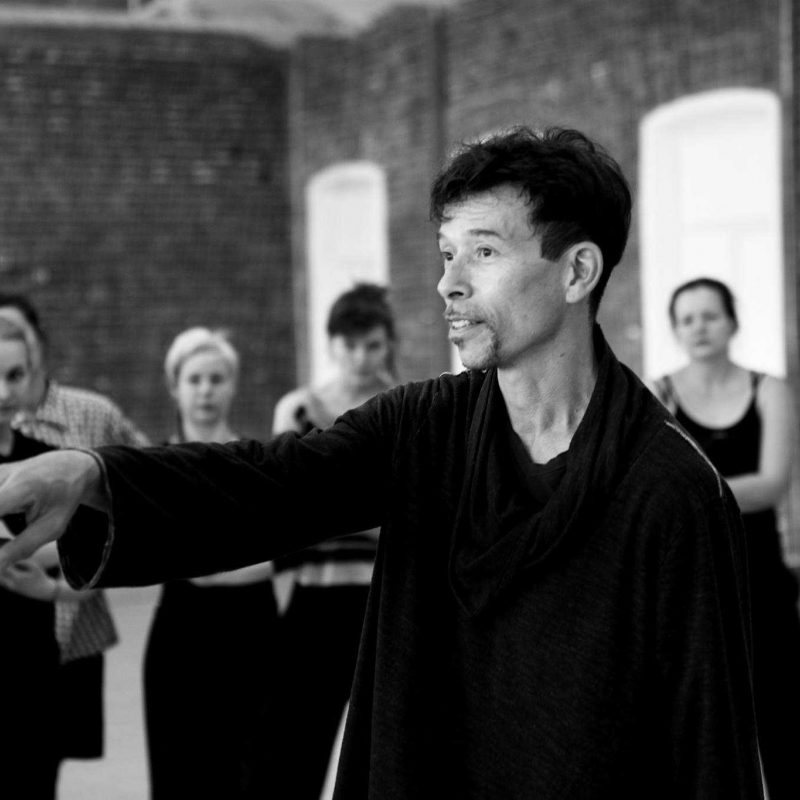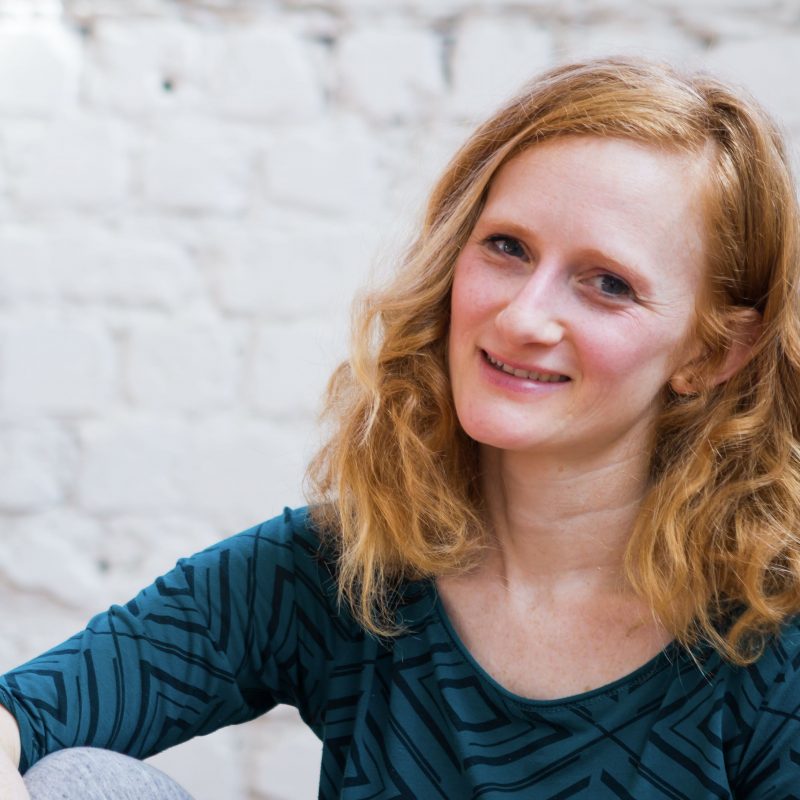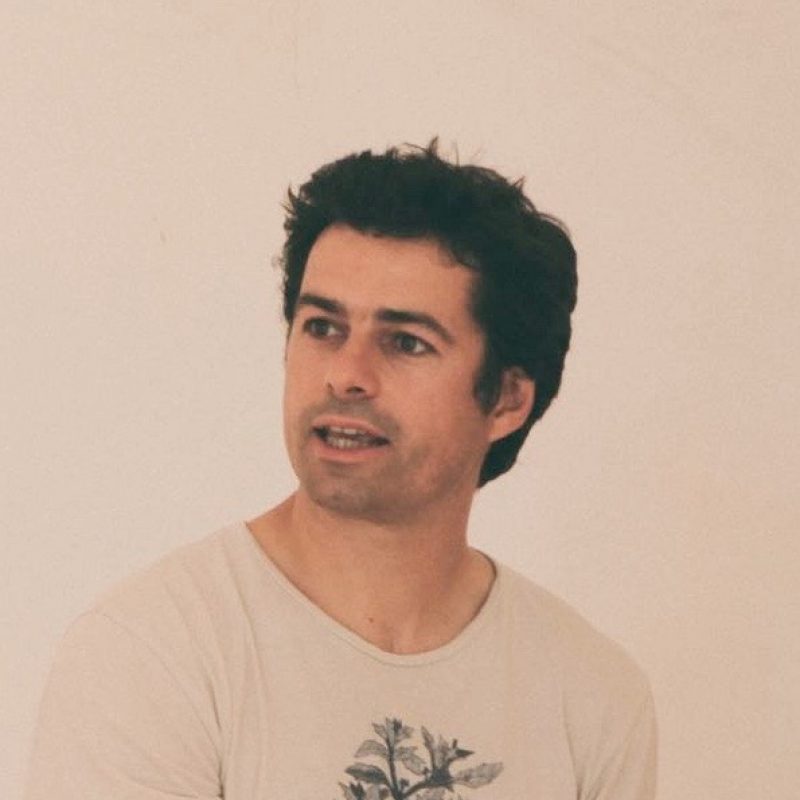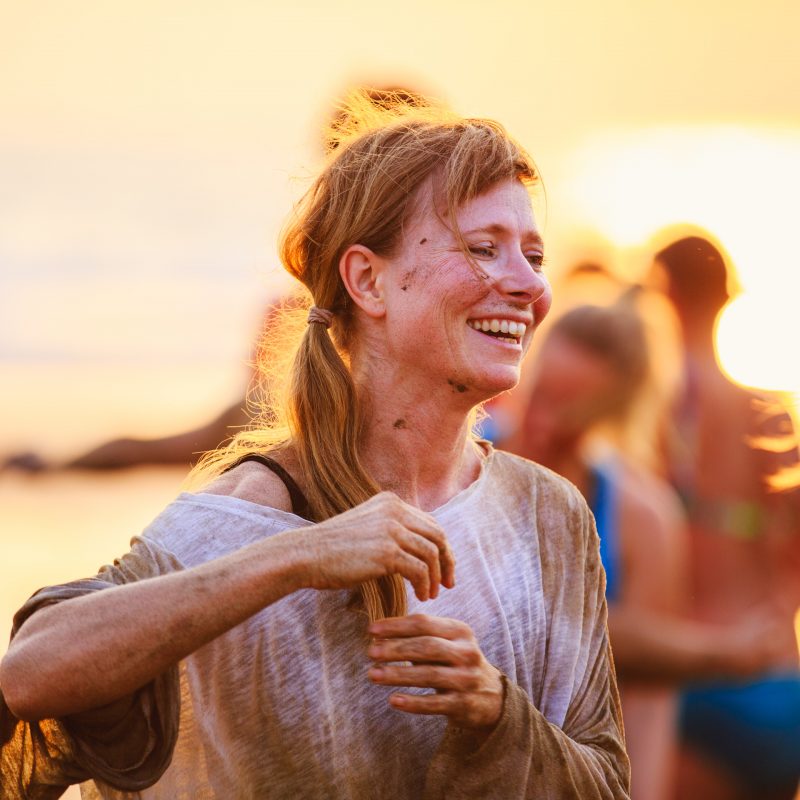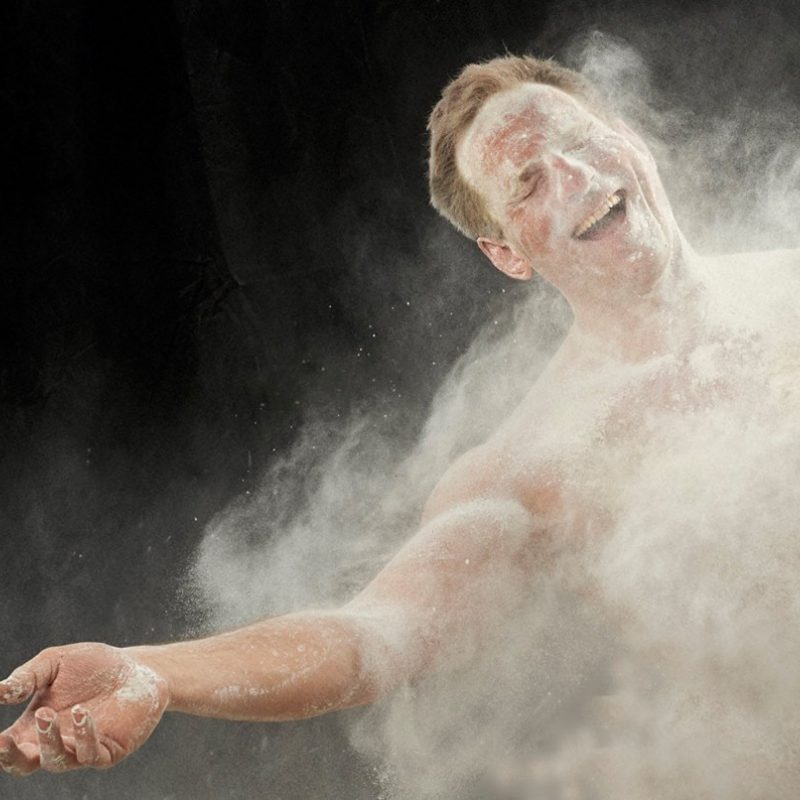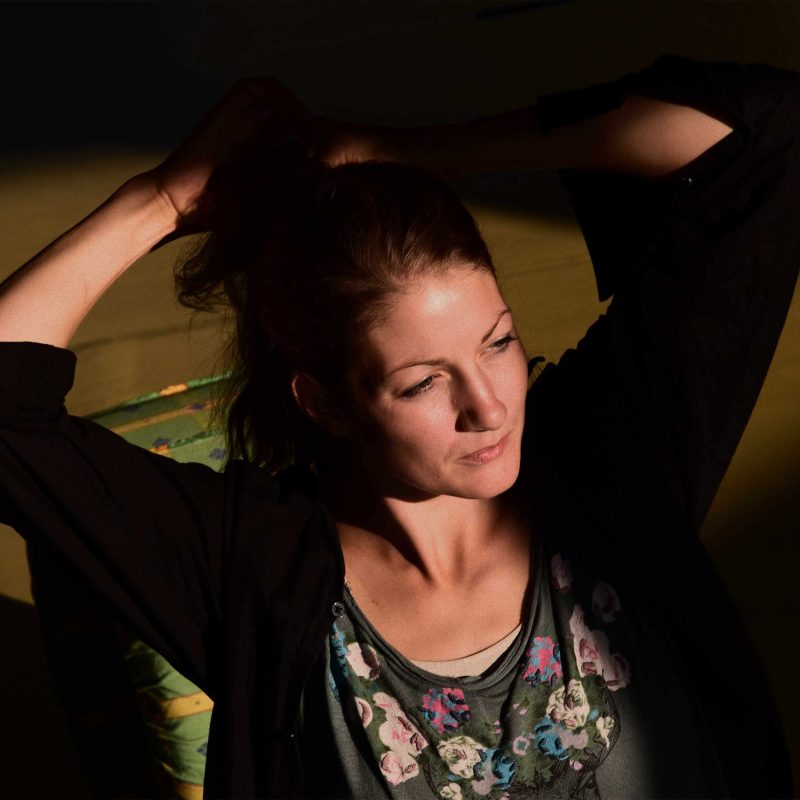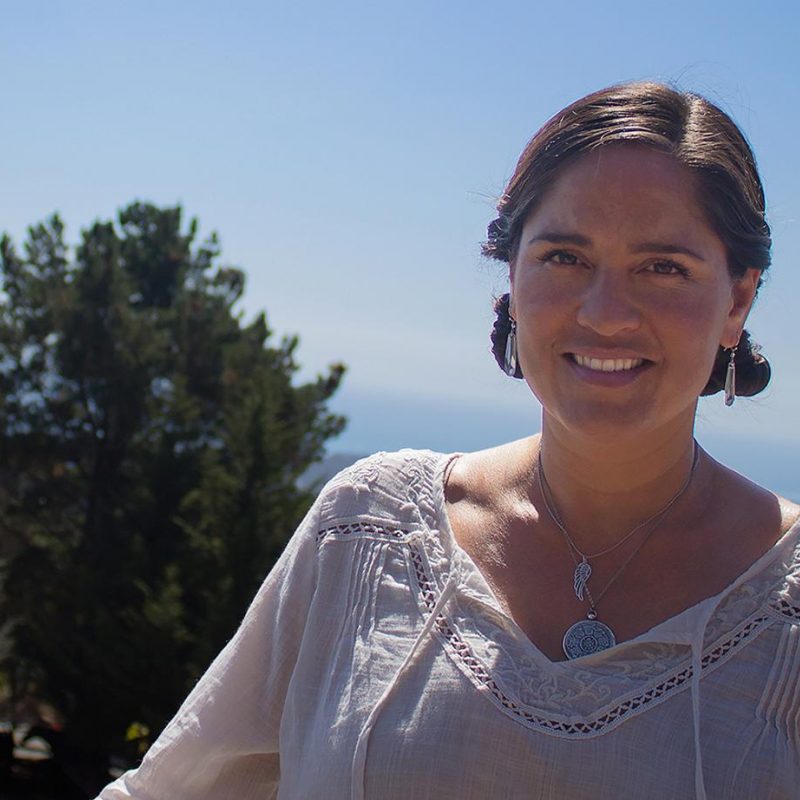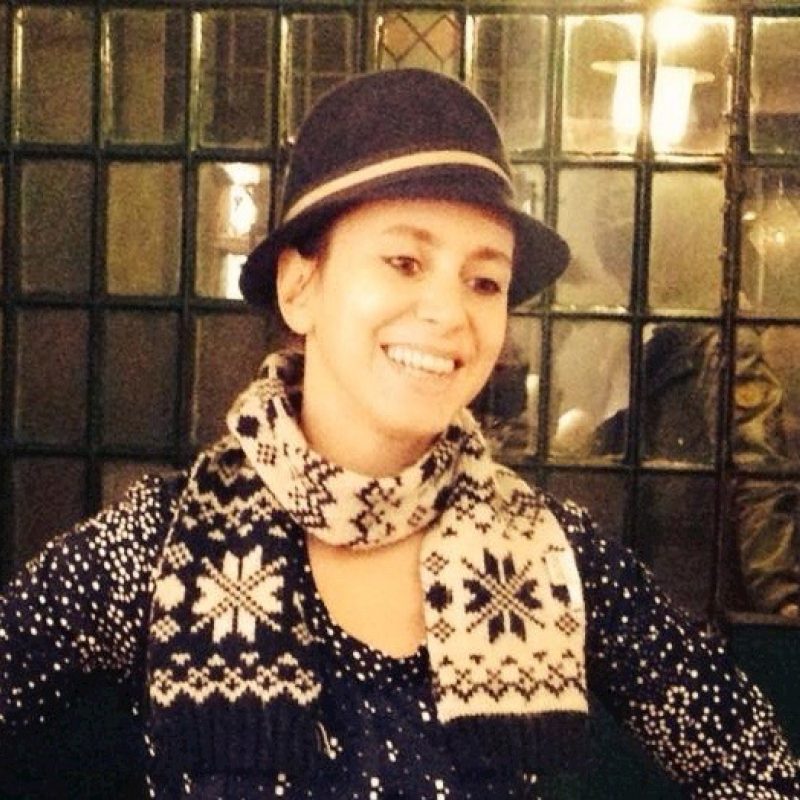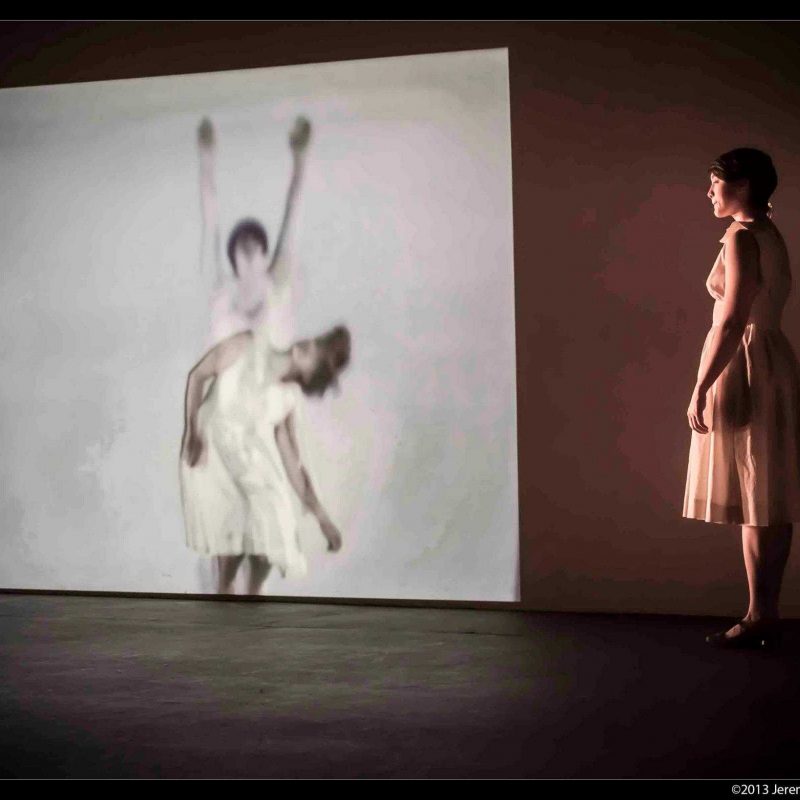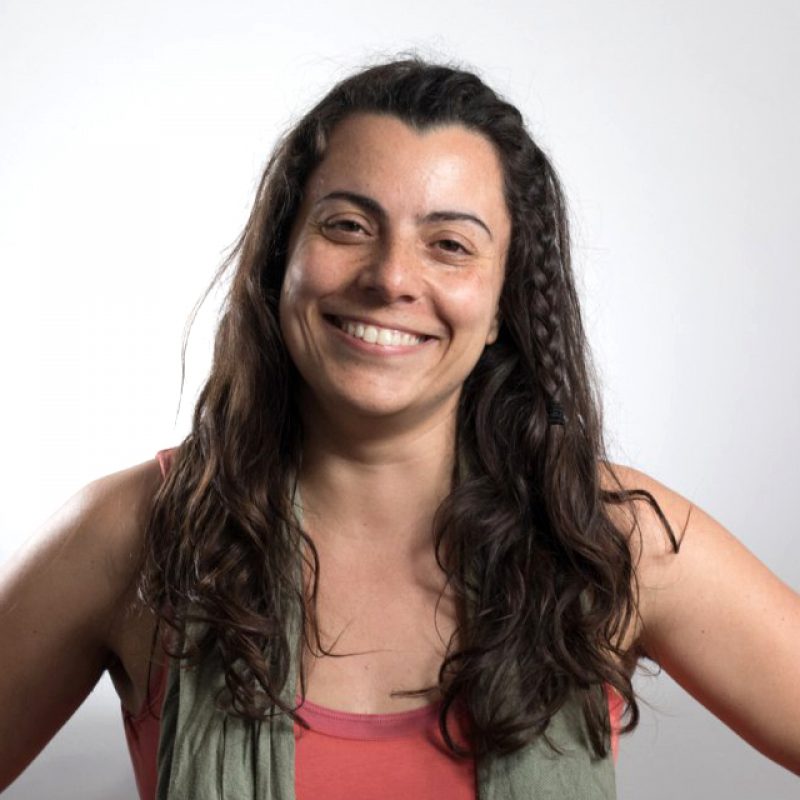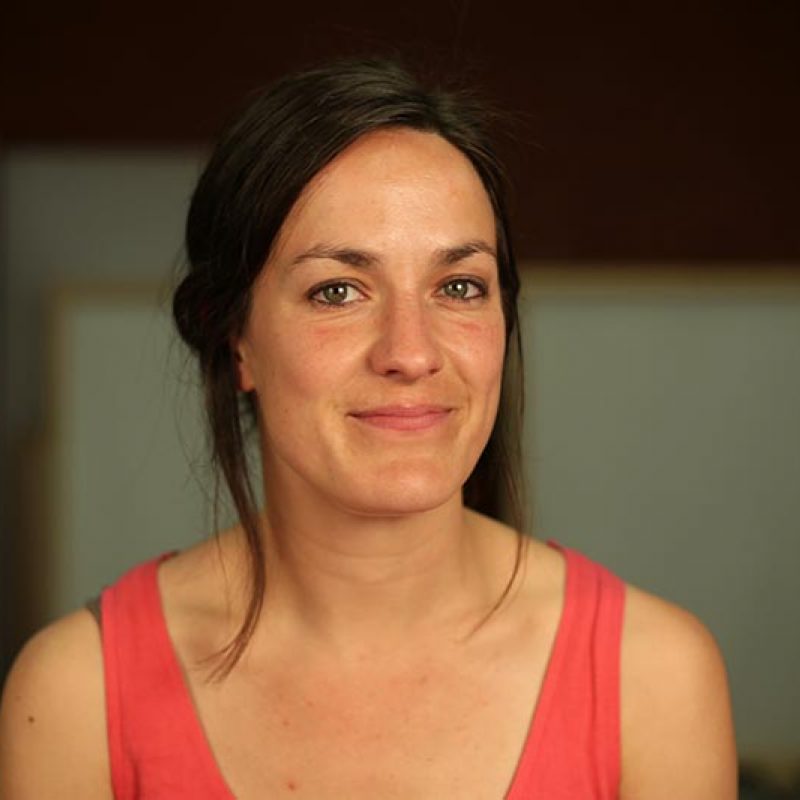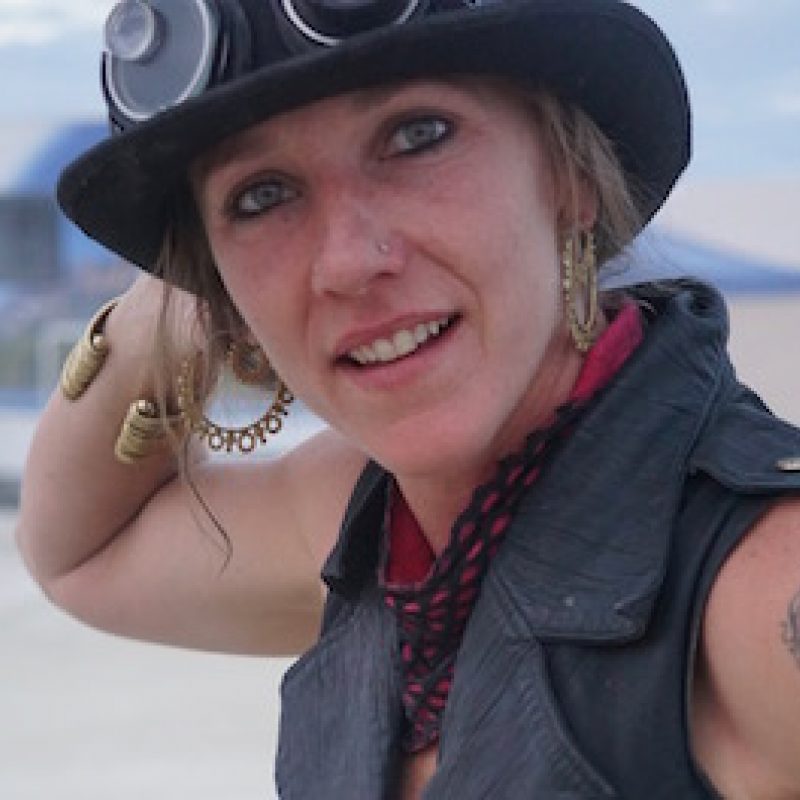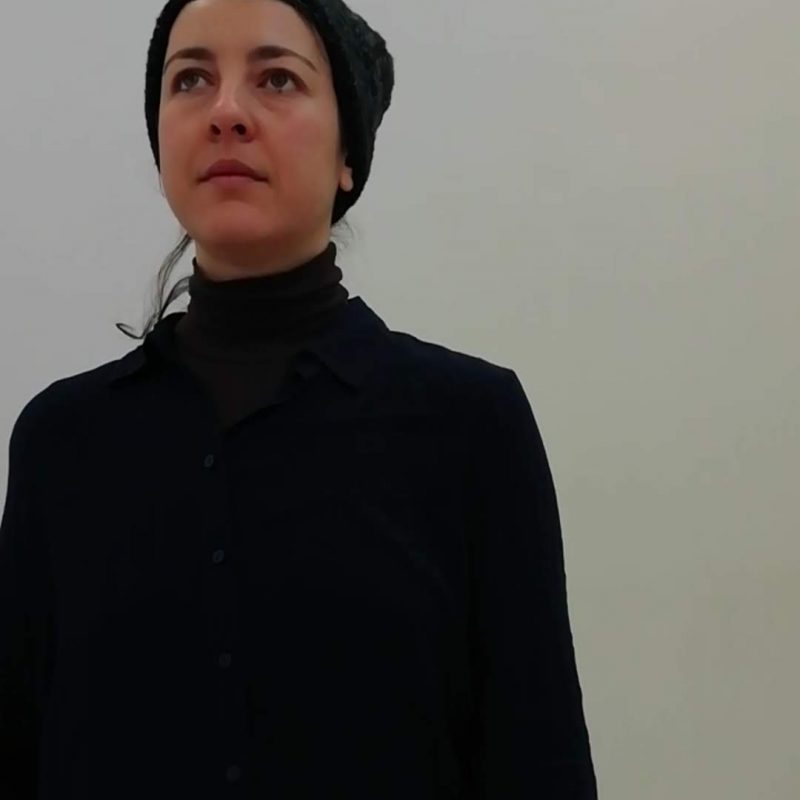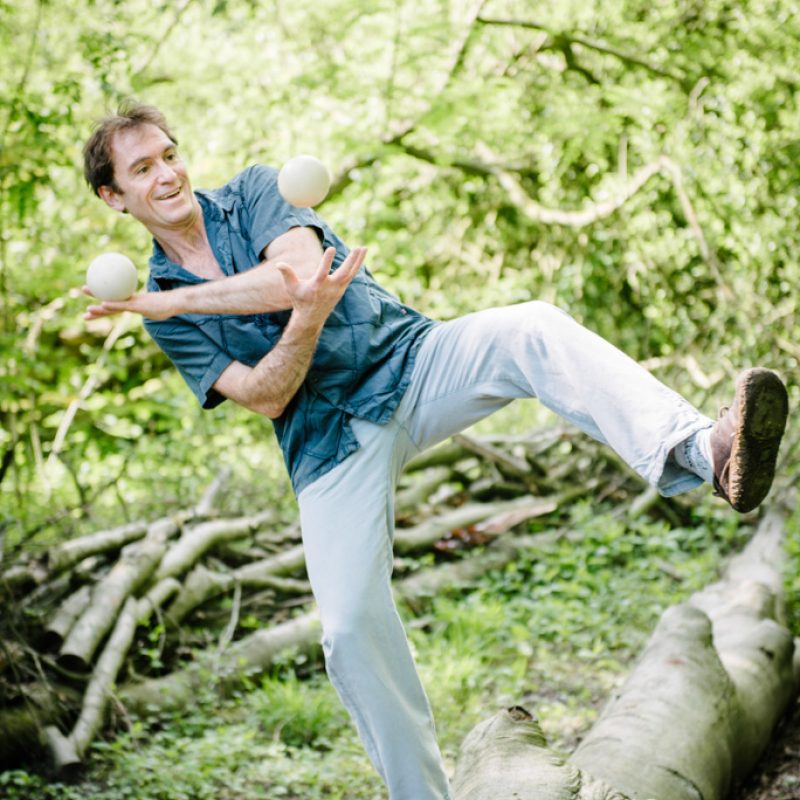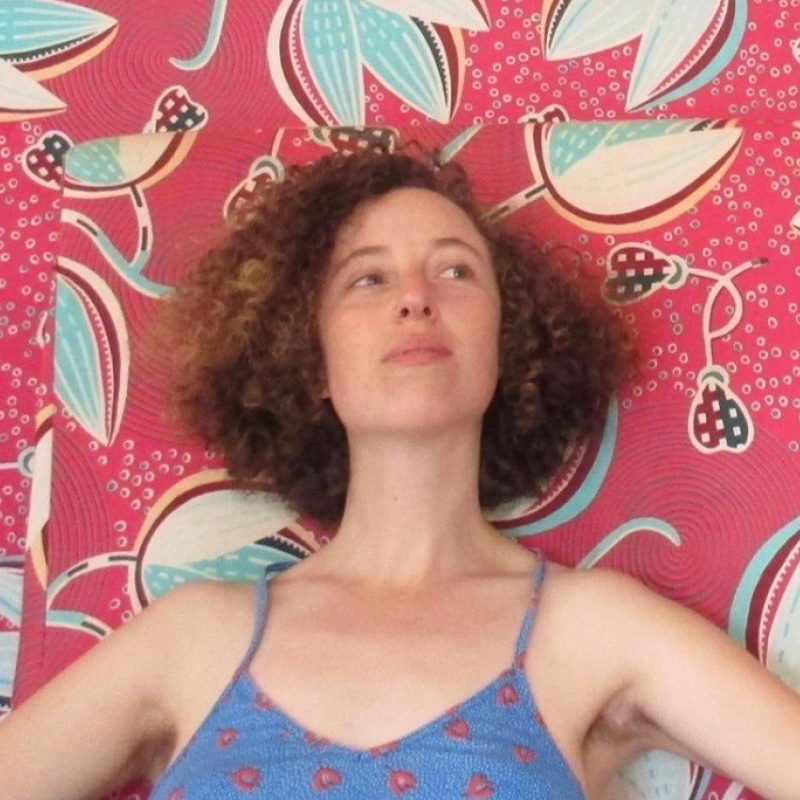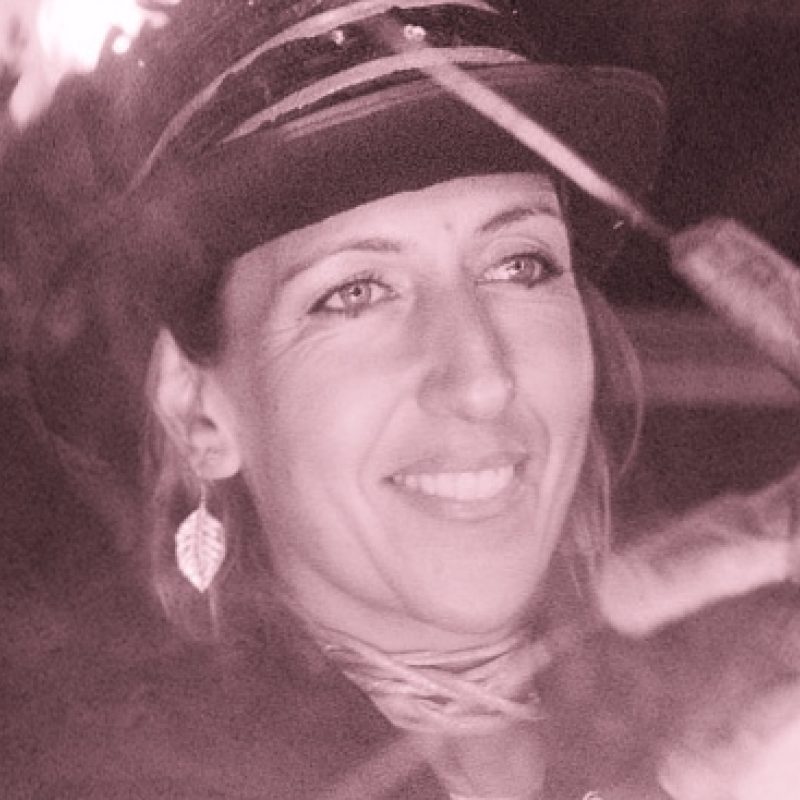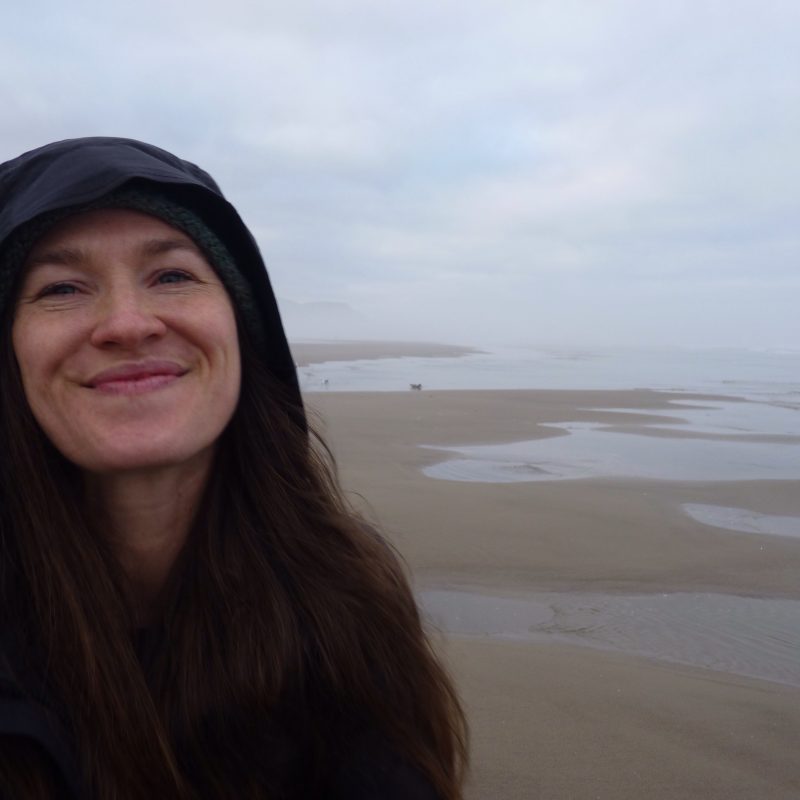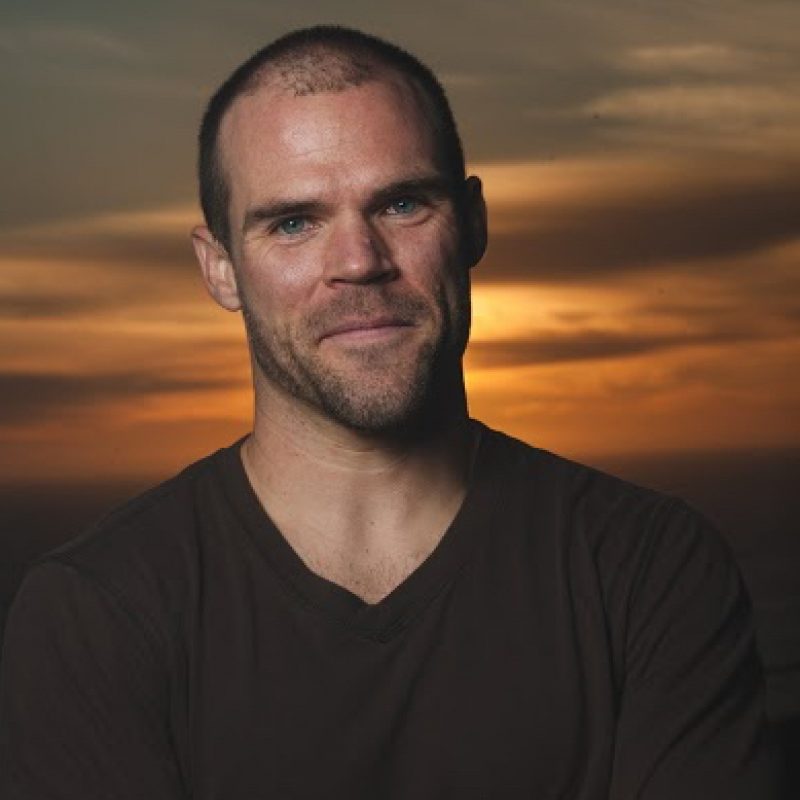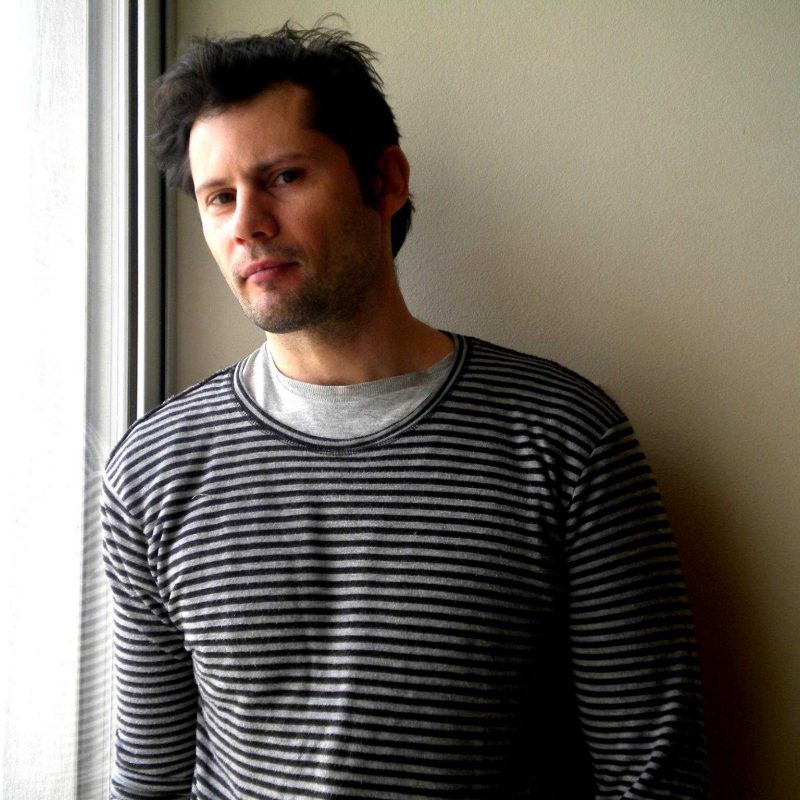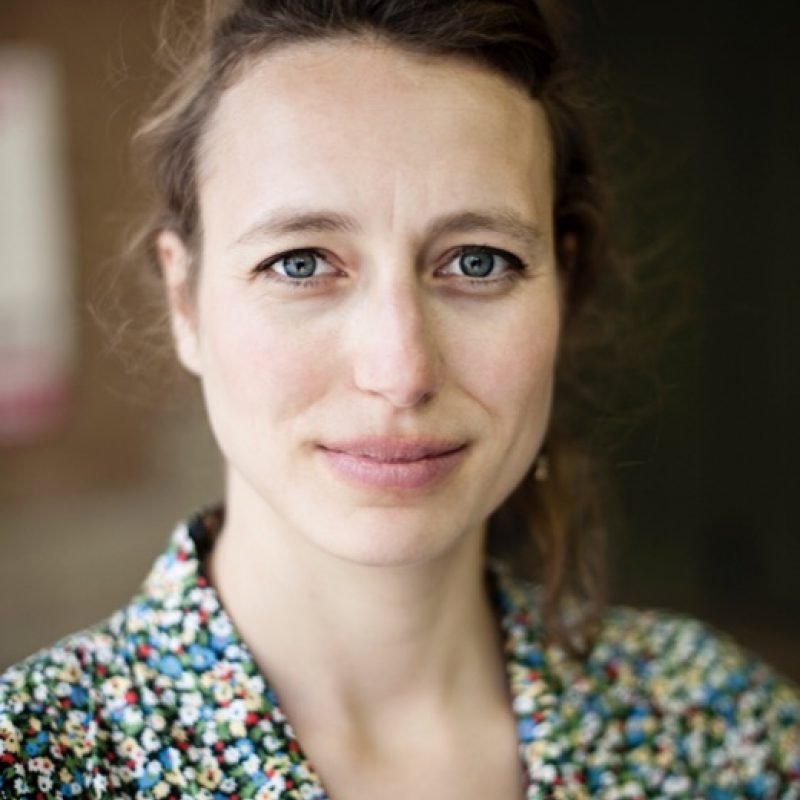About Daniel
Daniel holds an MFA in Dramatic Arts from the University of California, Davis. His creative practice is driven by awe and wonder for humanity and curiosity and respect for the more-than-human world. His work prioritizes content over genre, weaving dance, text, video, music, and new media. He considers all work to be site and context-specific and is interested in mobilizing audience agency through interaction and unconventional use of space.
Daniel’s interest in the human experience has recently brought him to work with the real stories of under-represented peoples, offering up their unique experiences as a site for connection. He has worked as a Core Collaborator for EchoTheaterSuitcase project, directing original site-specific interactive installations created in collaboration between military veterans and non-veterans. He’s also assisted The Artistic Ensemble of San Quentin Prison in the creation of original movement based performance work. His most recent community collaboration is with Yante – a community-engaged dance organization based between Vienna and Palestine that offers programs in the schools, refugee camps, and villages surrounding Ramallah.
Daniel’s performance work has been presented at the Imagining Bodies Symposium (Estonia), Performática (Mexico), Dancing in Place (Malaysia), New Movement Collaborative (Boston), and the San Francisco International Arts Festival, The Cowell Theater, SoWat Now, Looking Left Festival, and Santa Cruz Fringe Festival in California, and at the SEEDS Festival at Earthdance (MA).
He has taught internationally in Eastern and Western Europe, the Middle East, South East Asia, and throughout North America. He has offered courses in Contact Improvisation, Composition, Acrobatic Stilts, and Dance History. Whatever the subject the intention is to offer tools to encourage range, choice, and curiosity.
Teacher's statement
Teaching Philosophy Statement
My work, both as an artist and teacher, arises from fascination with humans and a commitment to on-going inquiry into how we enact our humanness in this world. Movement training and compositional skills offer students alternative pathways to knowledge - embodied knowledge, traditional knowledge, relational knowledge. Critical theory becomes grounded in practice. The student in my classroom is a researcher, acting in an environment of self-responsibility and collective support. By creating a classroom environment that invites inquiry, curiosity, and critical thought in a context safe for vulnerability, my students emerge as empowered participants in art making practices and in the world.
Whether teaching physical skills or compositional practices, my intention is to foster tools for informed choice. This requires helping students develop an awareness of habitual patterns, a recognition of the scores, structures and forces influencing those patterns, and a framework for creating more functional and responsive possibilities. The study of dance history allows us to understand our practices in a historical context and to see how choreographers and dance theorists through time have used dance to shift modes of cultural production and expectation. This allows us to view dance movements and innovations in relation to the socio-political context that shaped them.
Influenced by the pedagogy of the Axis Syllabus Research Community and the practice of Contact Improvisation, I teach learning techniques that originate in observation and inquiry into the mover’s own structures. Axis Syllabus is an approach to movement education that focuses on bio-mechanical principles derived from detailed analysis of the structures of human anatomy and physical laws of motion. The goal is to collaborate with the intelligent anatomical designs nature has developed through thousands of years of evolution. By study and application of range of motion principles in specific joints, the dancer is able to enact complex dynamic choreography while taking into account the longevity and well-being of their own organism.
Improvisation and composition both require a cultivation of what Ecopsychologist, Laura Sewall calls (in a paper by the same name), skills of Ecological Perception. The perceptual practices she identifies as relevant for perceiving our ecological conditions include: learning to attend, or to be mindful, within the visual domain; learning to perceive relationships, context, and interfaces; developing perceptual flexibility across spatial and temporal scales; learning to re-perceive depth; and the intentional use of imagination. These are exactly the skills cultivated in training for movement improvisation and composition. Composition is a practice in which we engage the world as a complex web of relationships. After learning careful observation we can intervene skillfully to redirect the forces at work towards greater alignment with our principles and intention.
In order to teach movement and compositional tools I teach students to trust the intelligence of their own bodies. I guide students to cultivate this new orientation towards sensation, impulse, and articulation as valuable tools of the bodies intelligent expression. The teacher-student relationship is one of mutual respect and listening. It is these same qualities I hope will translate to their relation to their own bodies and their world.



